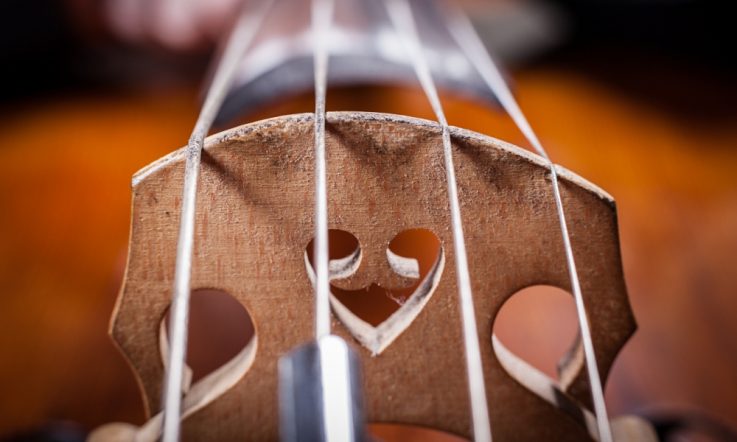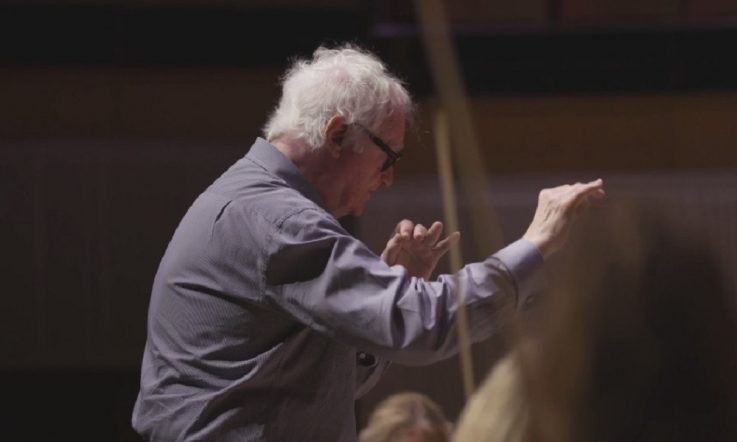Developing a positive performance culture where every student is encouraged to give music a try has helped music teacher Scott Maxwell not only transform music education at his school, but has also led to him being named the 2018 ARIA Music Teacher of the Year.
At Grant High School in South Australia, Maxwell says there's a place in the music program for every student – even those who don't want to play an instrument.
‘There's performance opportunities left, right and centre for these kids,' Maxwell tells Teacher. This offering exists for students who want to play instruments, but also those who might be more interested in managing the lighting, set-design, or live sound.
A focus on performing
Maxwell introduced a Music Performance subject to the school about six years ago in an effort to engage students.
The hands-on program focuses on engaging students in the performance aspects of the curriculum – it doesn't attend to any theory that is not directly related to the practical learning they're doing.
‘I saw so many great musicians in my class just glaze over when I started talking theory,' Maxwell explains. ‘And I could see I was losing them, and it was absolutely breaking my heart to see these kids that I knew were going to be fantastic musicians, but they weren't interested in theory.'
Maxwell says students who play guitar in this subject, for example, would need to know and understand the chords they're playing, but most of the emphasis is placed on performance and encouraging the students to get on stage.
Maxwell also ensures students have the opportunity to play an instrument of their choice.
‘I know a lot of programs around the country all talk about balance; and they try to balance their music programs out by having particular people playing particular instruments … [but] I have bands with three bass guitars and two drummers, which is a bit of a no-no,' Maxwell says.
‘But, if that's their instrument, if that's what they like playing, I don't want to tell them to go off and play the trombone that they don't like playing because they're just going to not want to play it. I don't want to force instruments that they don't connect to.'
Tackling performance anxiety
Mini performances take place every two weeks in various locations around the school including the canteen and courtyard. This means many students who may be reluctant to perform often end up giving it a go.
‘I see it all the time from kids who – when they come in junior school – they are so scared, but by the time they're in senior school, they just want to perform. They're coming up and they're asking when the next gigs are.'
As well as this, Maxwell is conscious of downplaying the perceived importance of performing to students, to breakdown the commonly held belief where performers must be perfect every time.
‘It's not just these elite kids that are up the front, smashing it every time, but we've got kids up there publically having a go … that's what we've been able to create here with just the amount of performances we do,' he says.
‘It's very rare to find a kid that hasn't connected with music on some level … it's a matter of finding what it is within music that they can connect to.'
Stay tuned: Tomorrow, we take a closer look at how Maxwell approaches the task of engaging students with varying backgrounds in music and why he writes the school's musicals from scratch.
How you would describe the performance culture at your school? What are you already doing well? What steps could you take to encourage more students to have a go at performing?
Scott Maxwell says presenting performing as something that isn’t scary, or something only perfect musicians can do, has helped him tackle performance anxiety amongst students. In your classroom, what approaches have helped you ease performance anxiety with students?



